The EU and the U.K. are starting their first post-Brexit trade talks on Monday, in what European ministers are expecting to be “complicated” negotiations.
The United Kingdom left the European Union on January 31, but it is still subject to European law and rules at least until the end of the year, when the so-called “transition period” is due to end. During this period, both sides of the English Channel are meant to agree on a new trade relationship.
European ministers, who gathered in Brussels on Tuesday, said that they are ready to offer a “substantial, ambitious and wide-ranging partnership” to the U.K. The U.K. government published its negotiating mandate Thursday, where it said “that a Comprehensive Free Trade Agreement should be at its core” in upcoming talks. Negotiating teams will have a first round of discussions next week.
However, as they enter a new phase in the Brexit process, the U.K. and the EU have quite different views about how their future relationship should look like.
There is an “acrimonious” start to U.K.-EU trade talks, analysts at Berenberg bank said in a note Friday.
What are their differences?
U.K. Prime Minister Boris Johnson wants a Canada-style agreement with zero tariffs. This refers to a trade deal that the European Union negotiated with Canada over seven years and concluded in 2014 – although it is yet to be fully ratified by national parliaments in Europe. The deal, named CETA, got rid of most of the tariffs between the EU and Canada. However, their level of trade is much smaller than the one between the U.K. and the EU.
In 2018, the balance of EU and Canada trade in goods was 10.4 billion euros ($11.27 billion). The balance of trade in services was 8.5 billion euros in 2017, according to the latest data published by the EU.
In comparison, the U.K. had an overall trade deficit of £66 billion ($85.6 billion) with the EU in 2018. This resulted from a surplus of £28 billion on trade in services and a deficit of £94 billion on trade in goods.
Furthermore, the U.K. government has said it wants to diverge from European rules and create its own laws and standards.
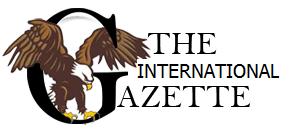
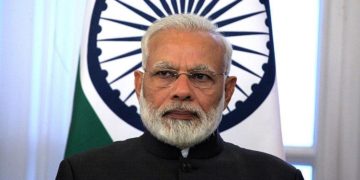


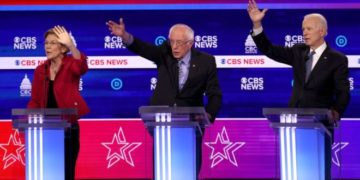





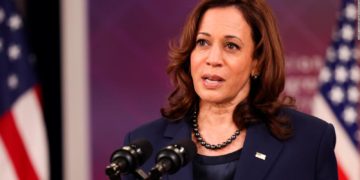
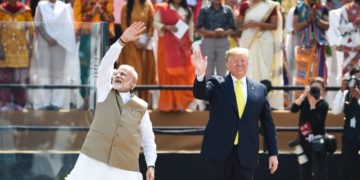

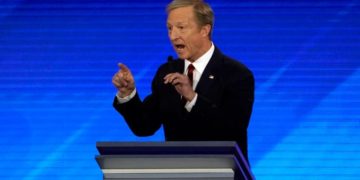

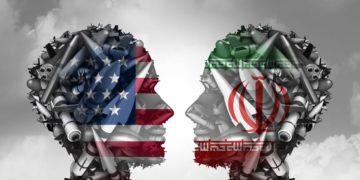
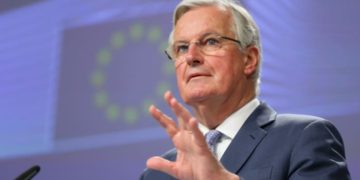

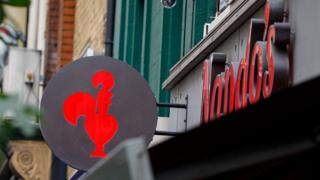
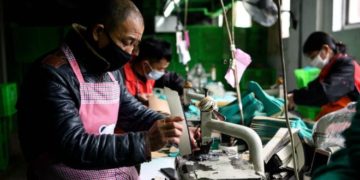








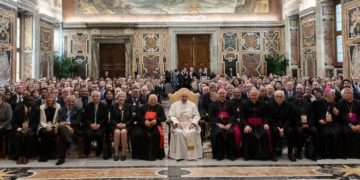




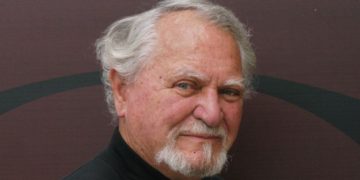


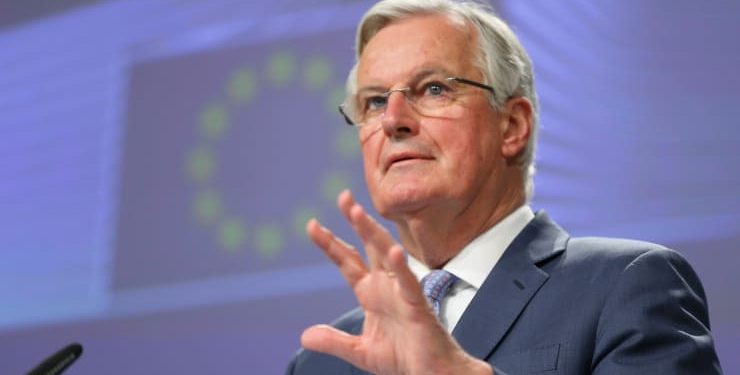






Discussion about this post